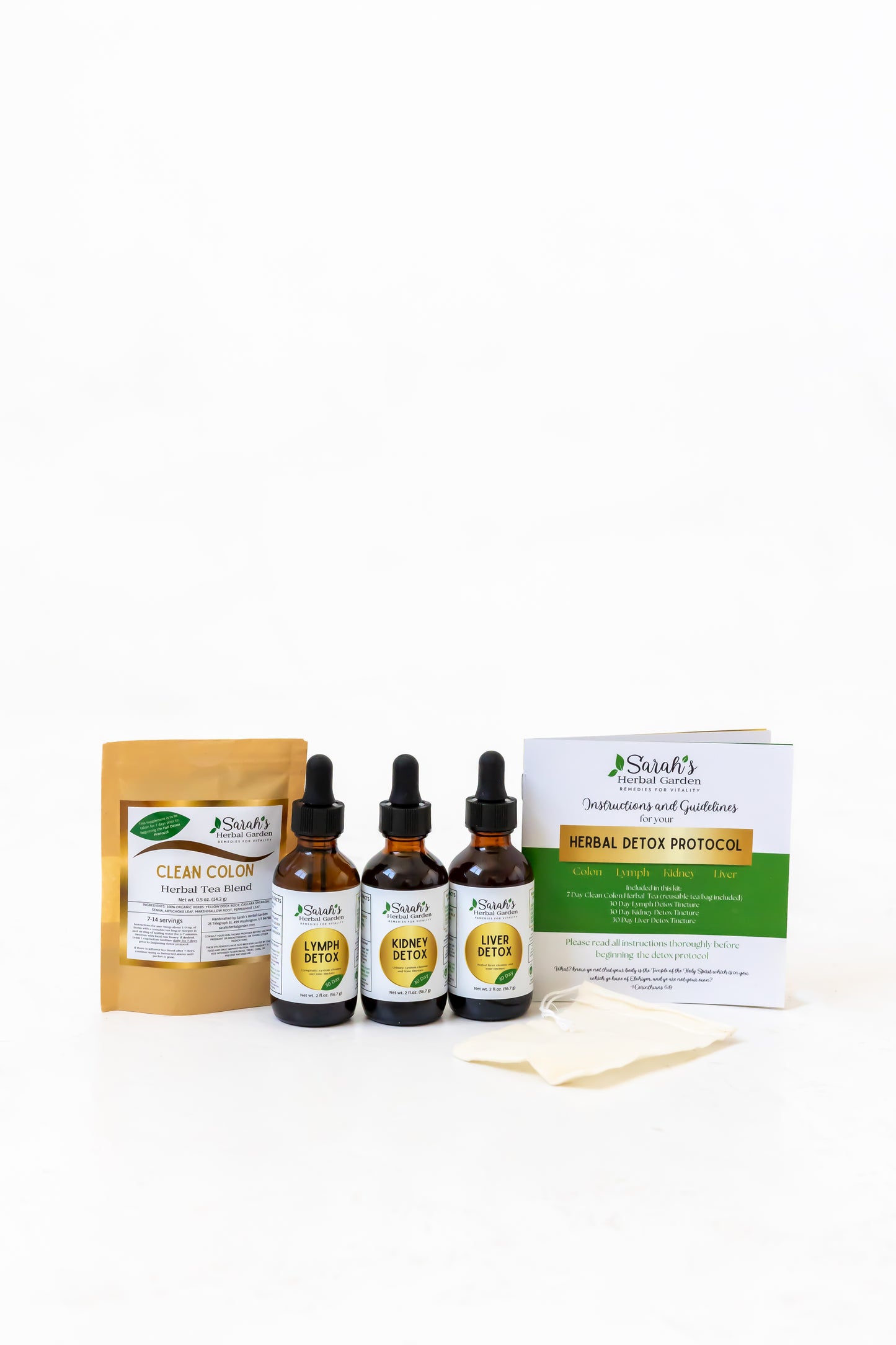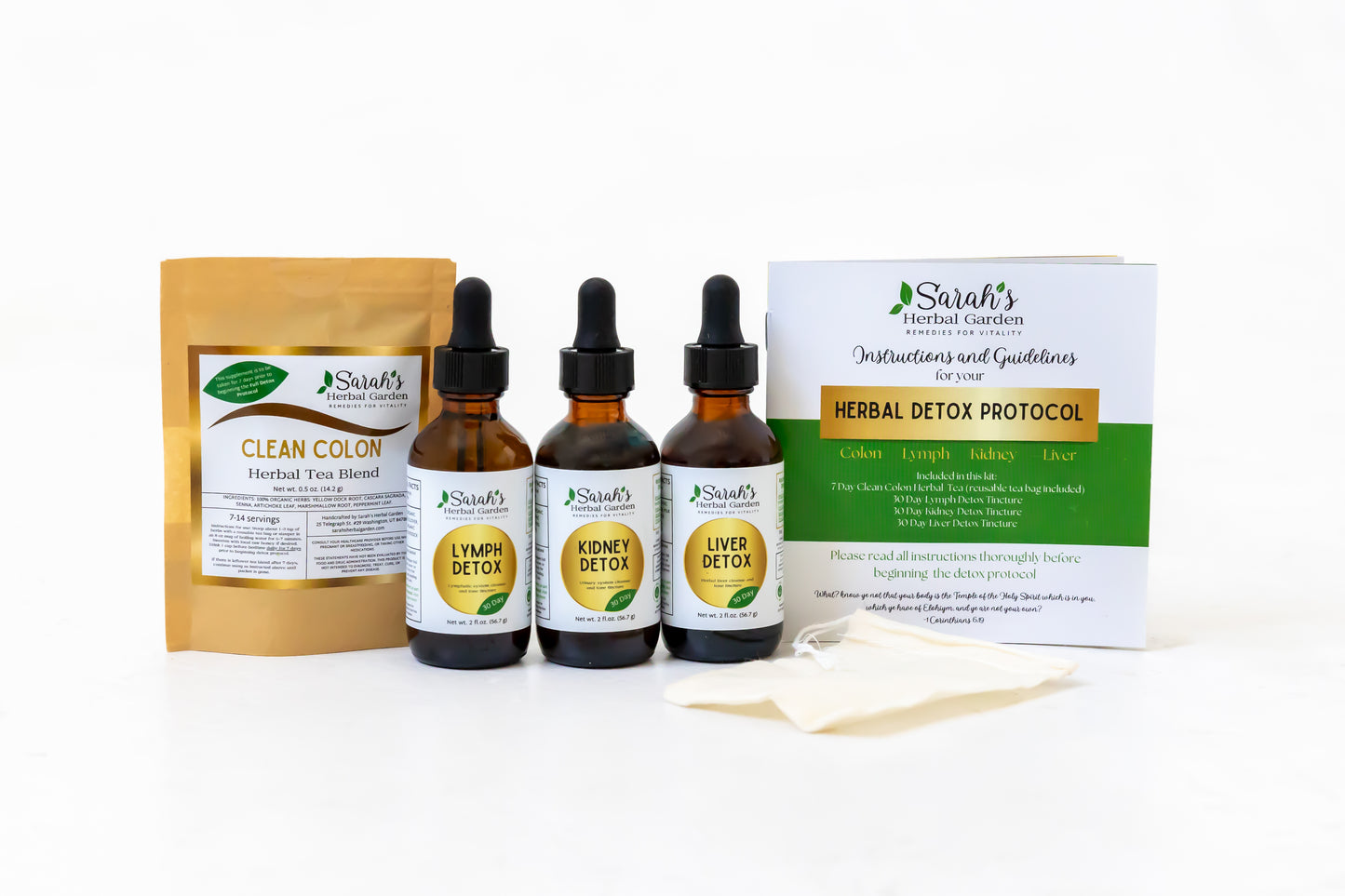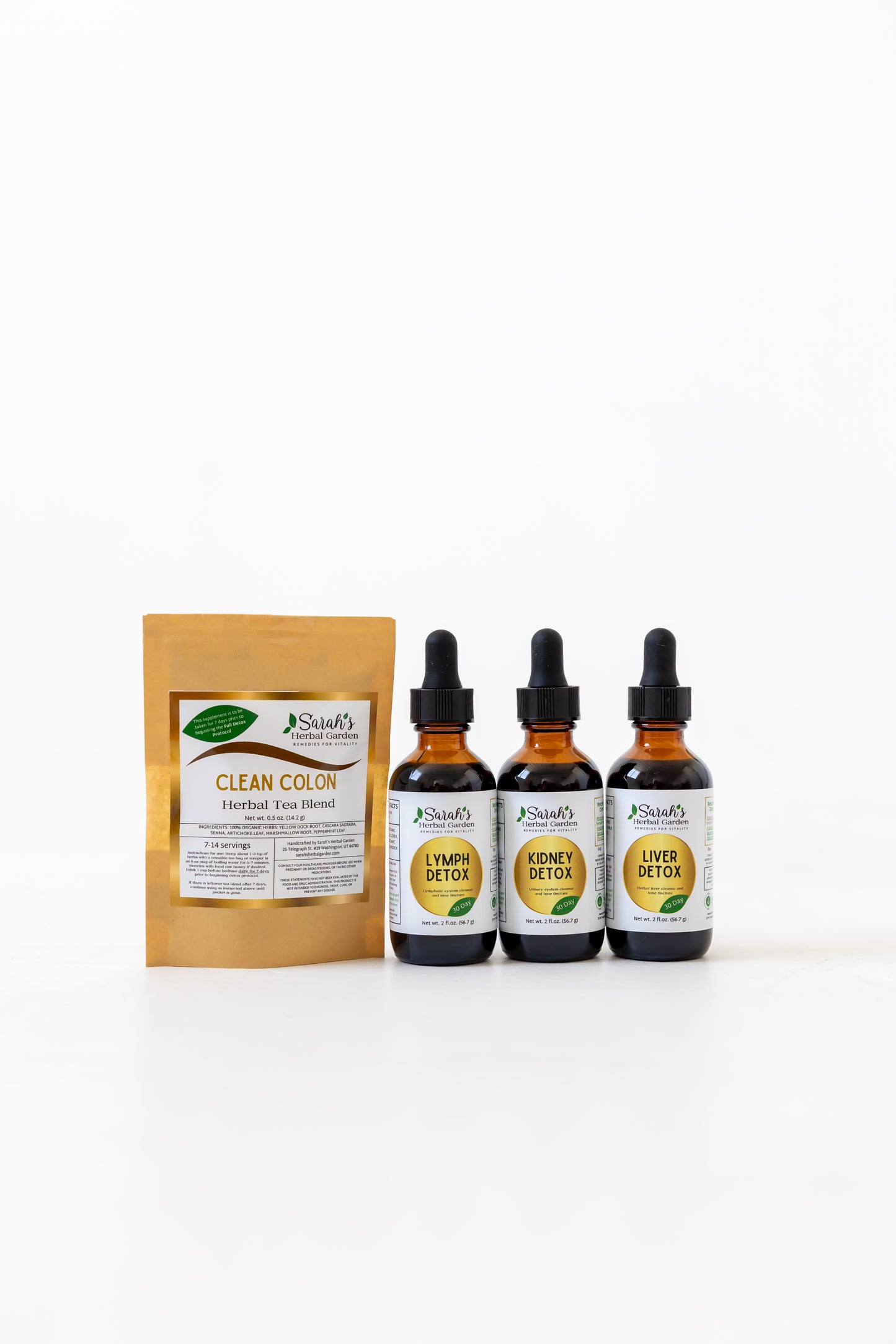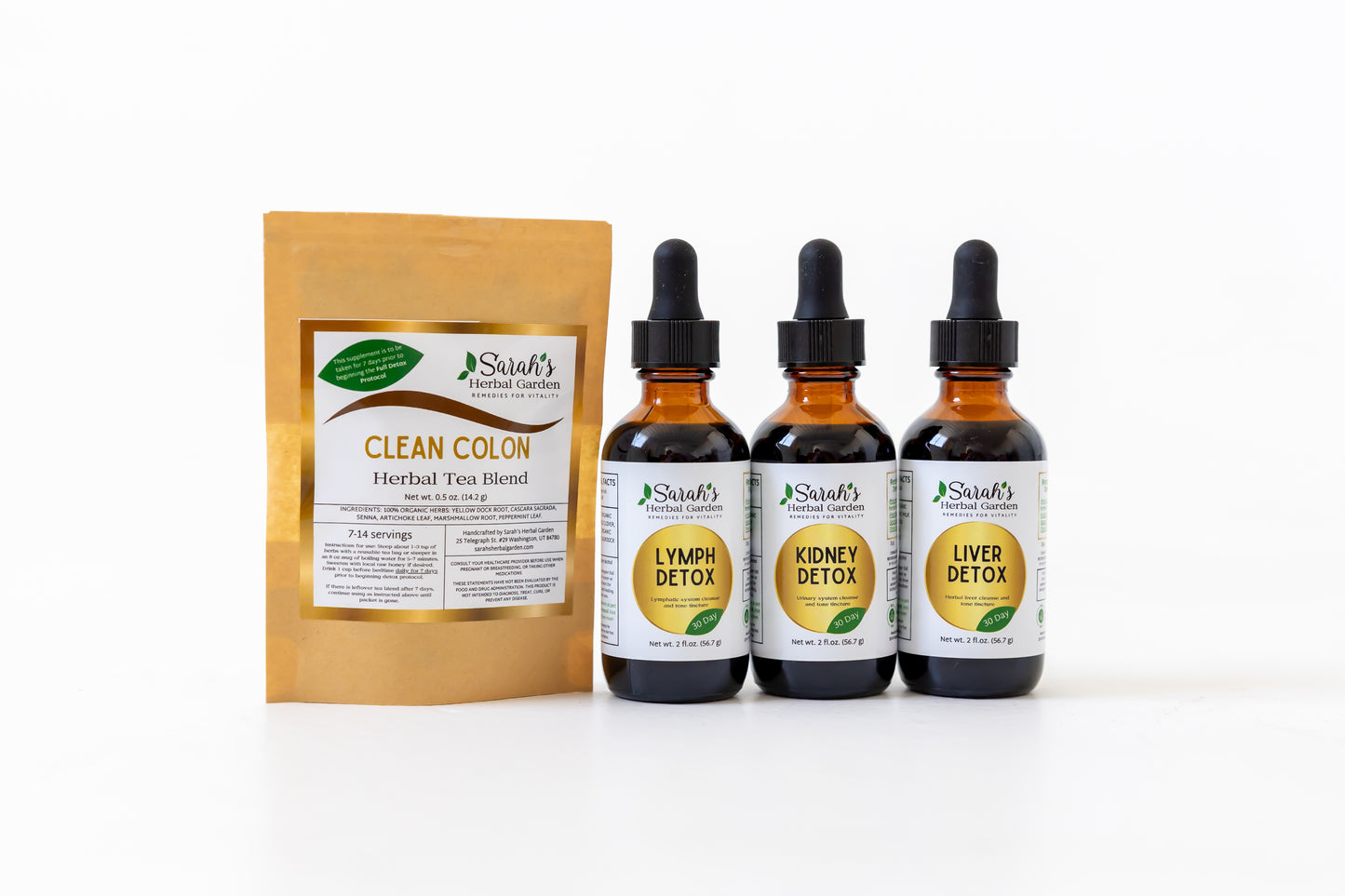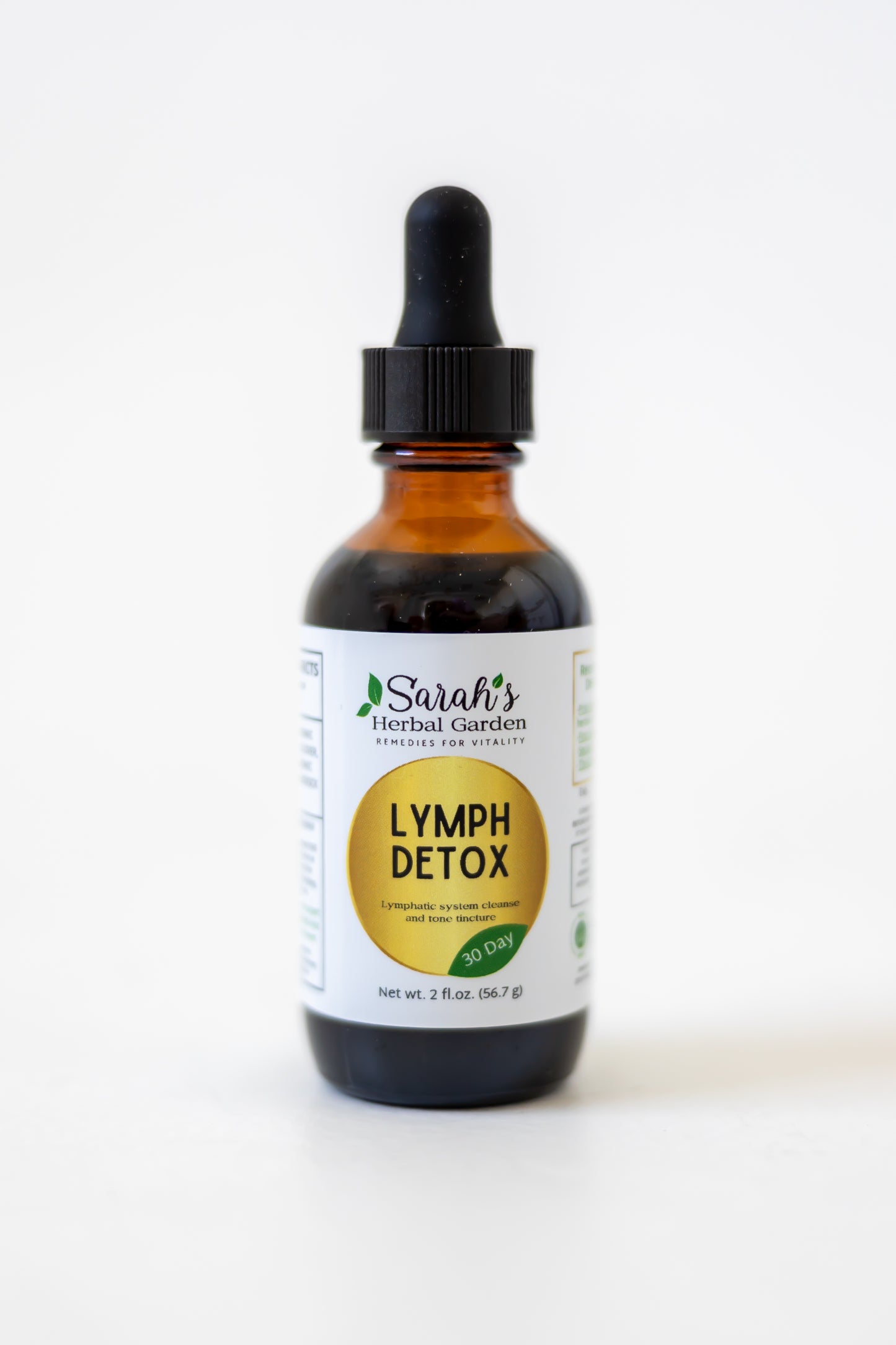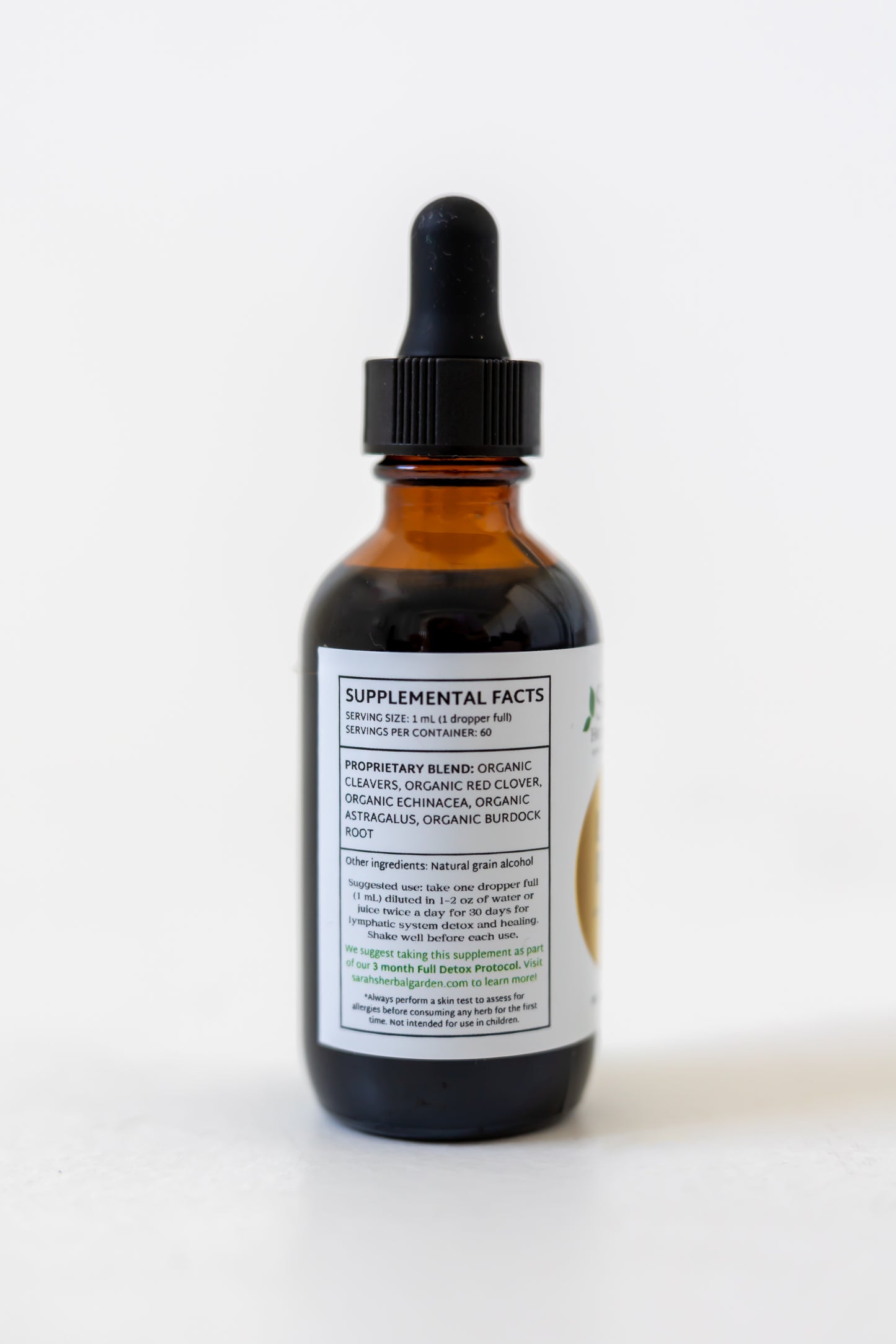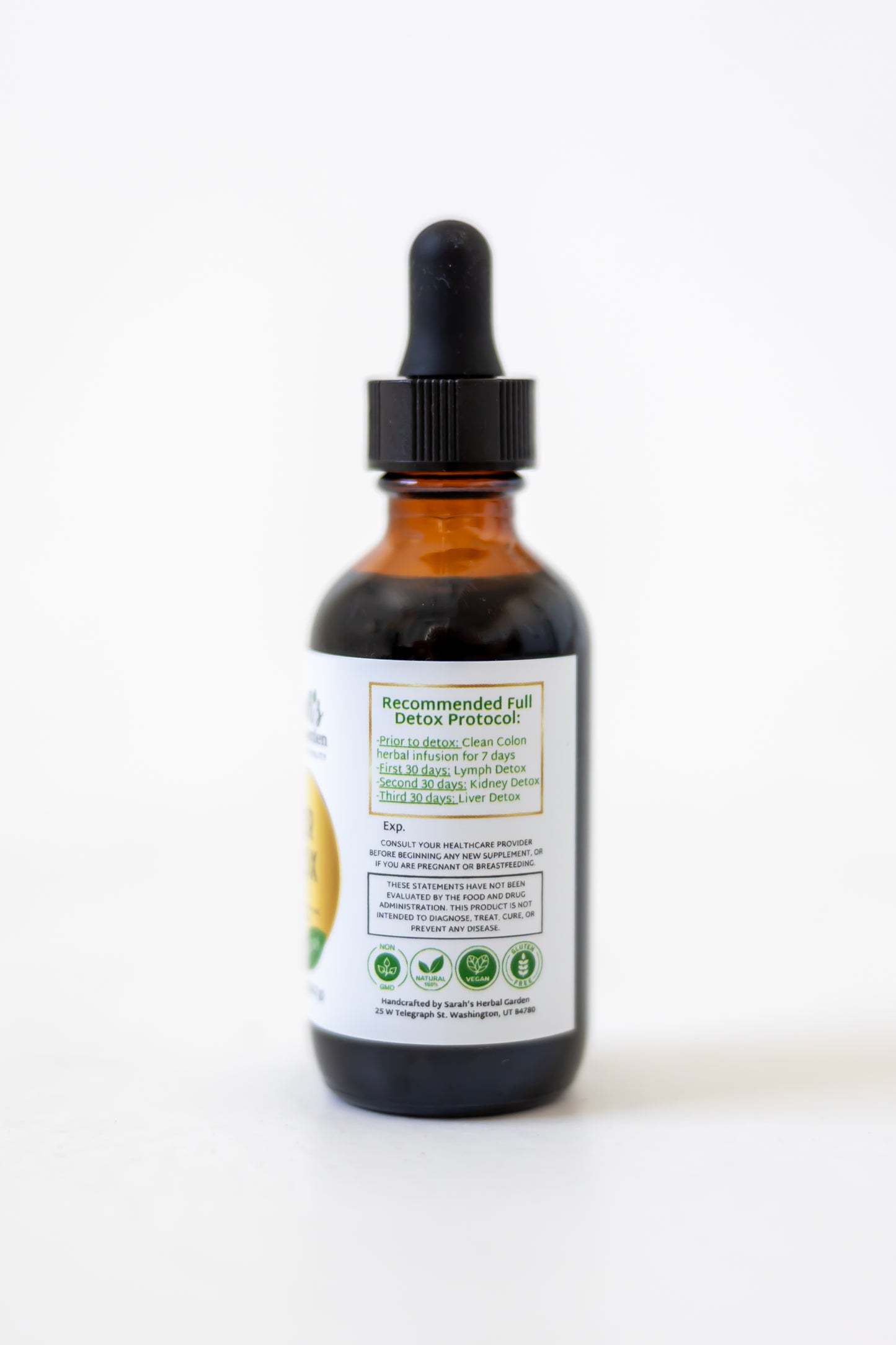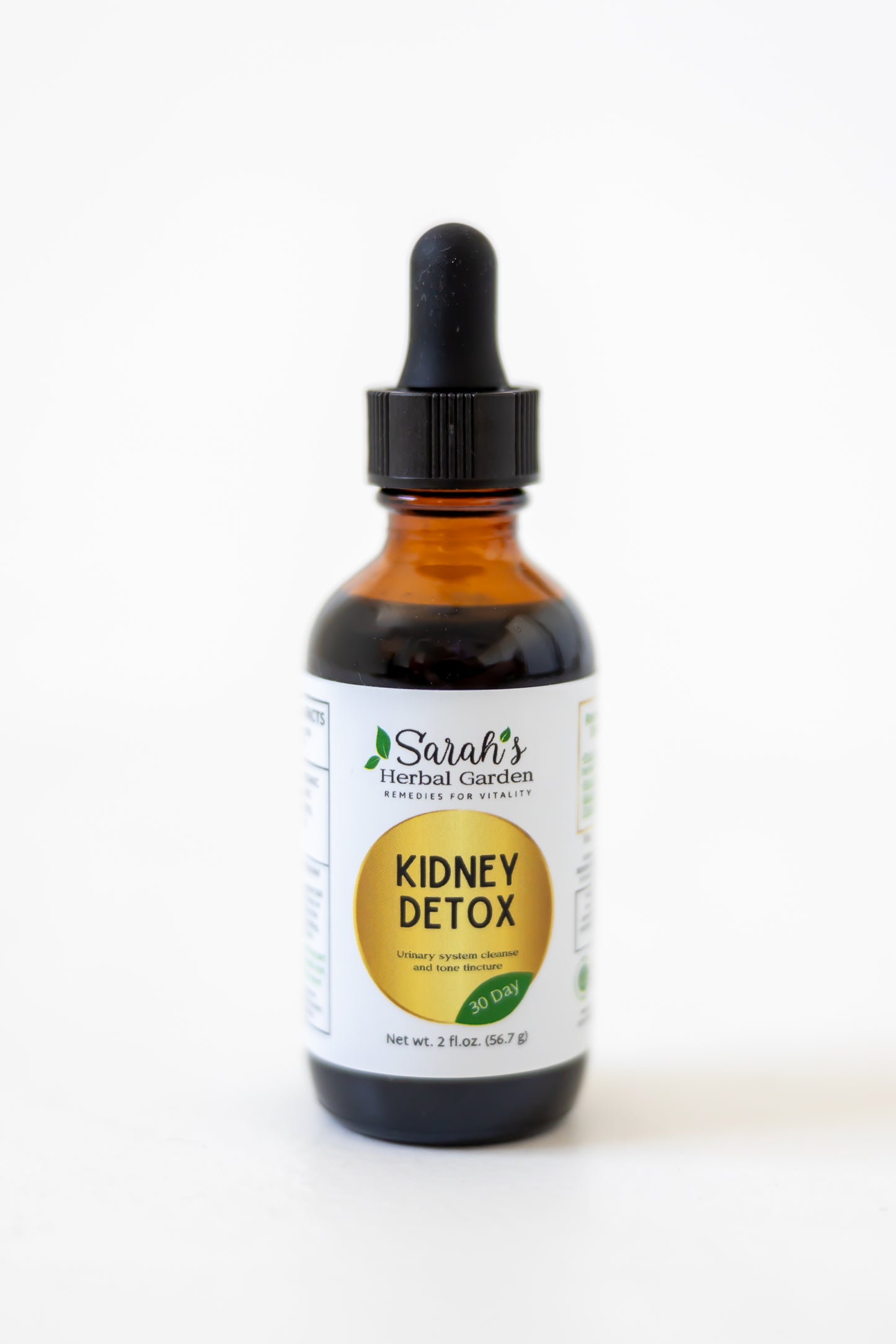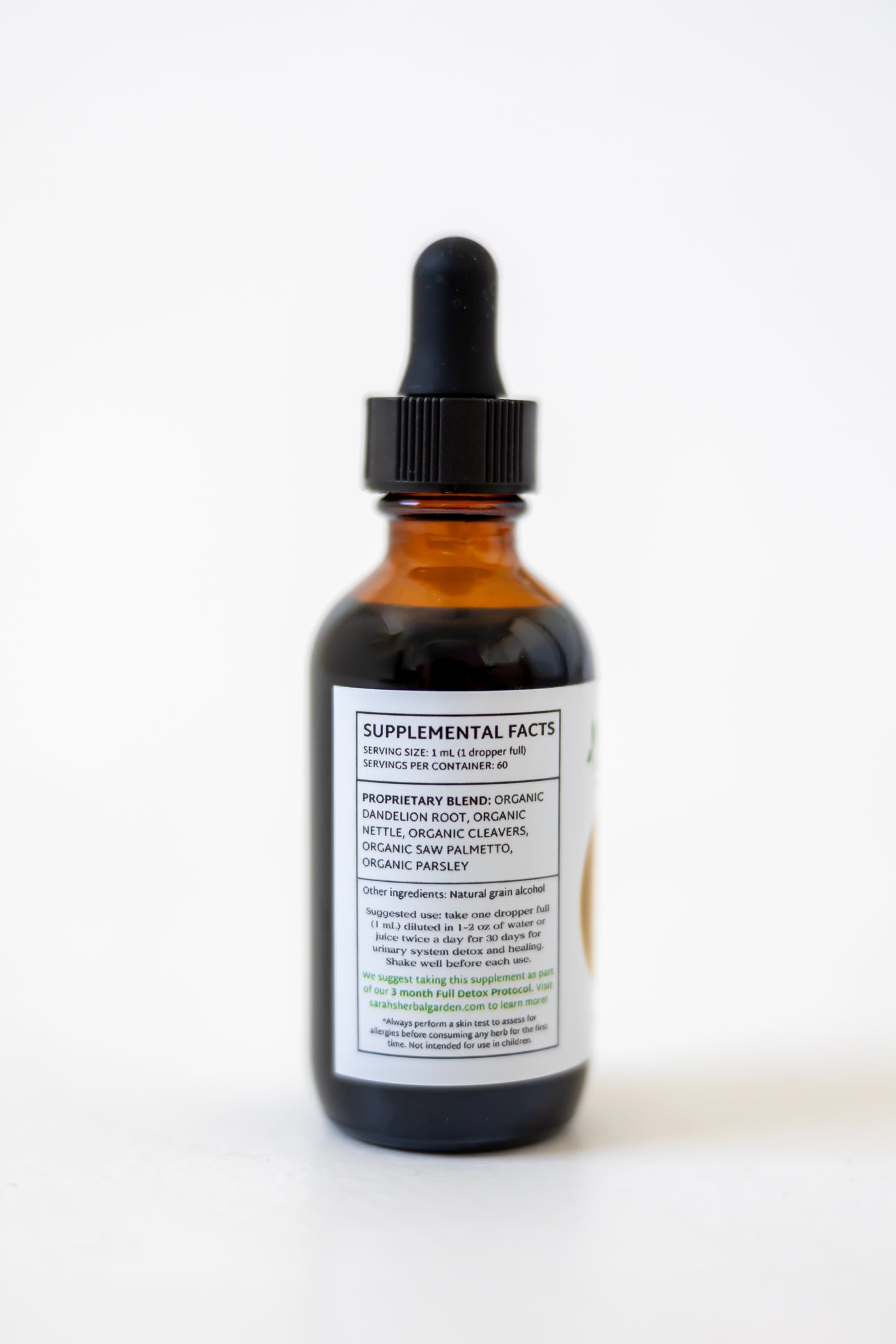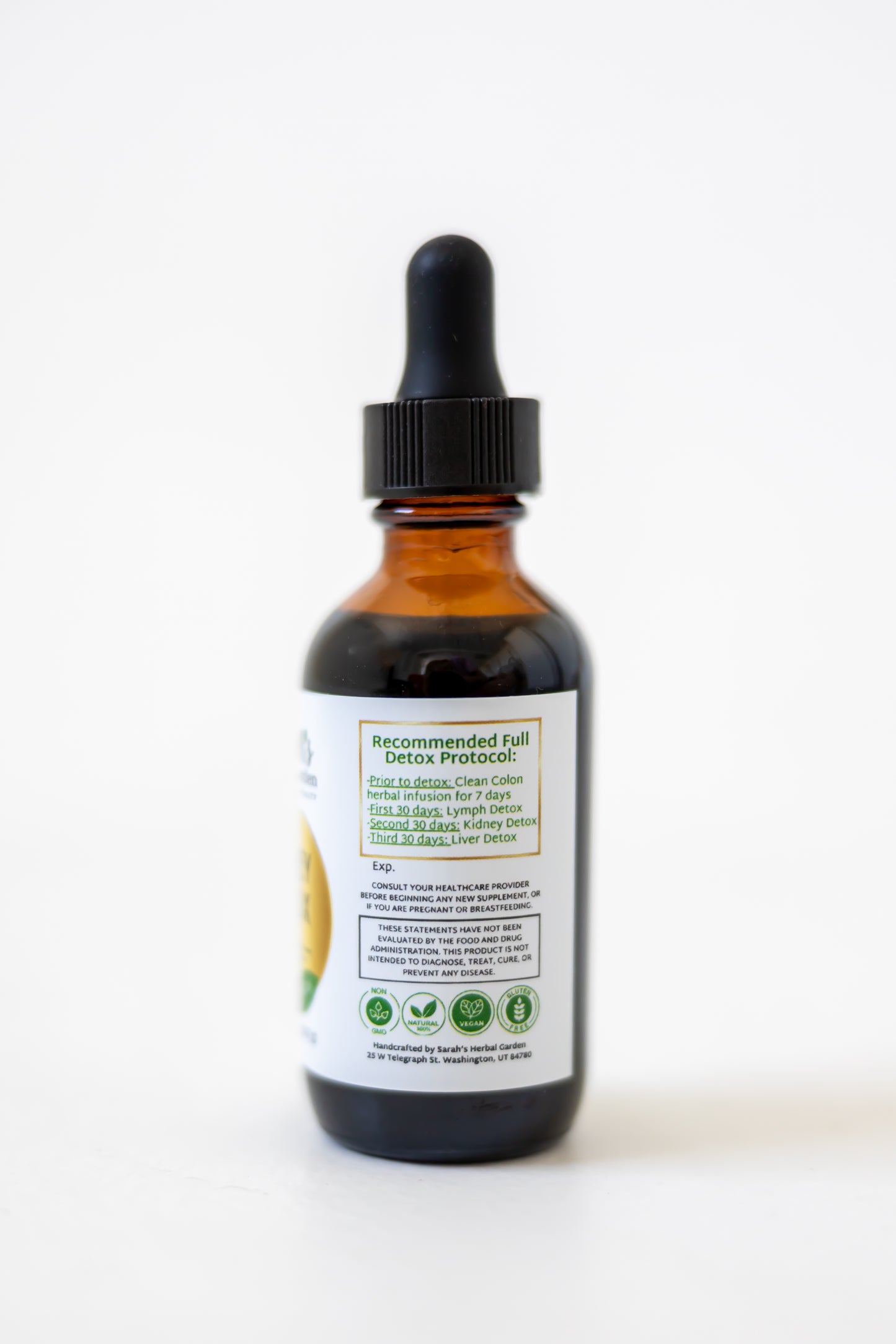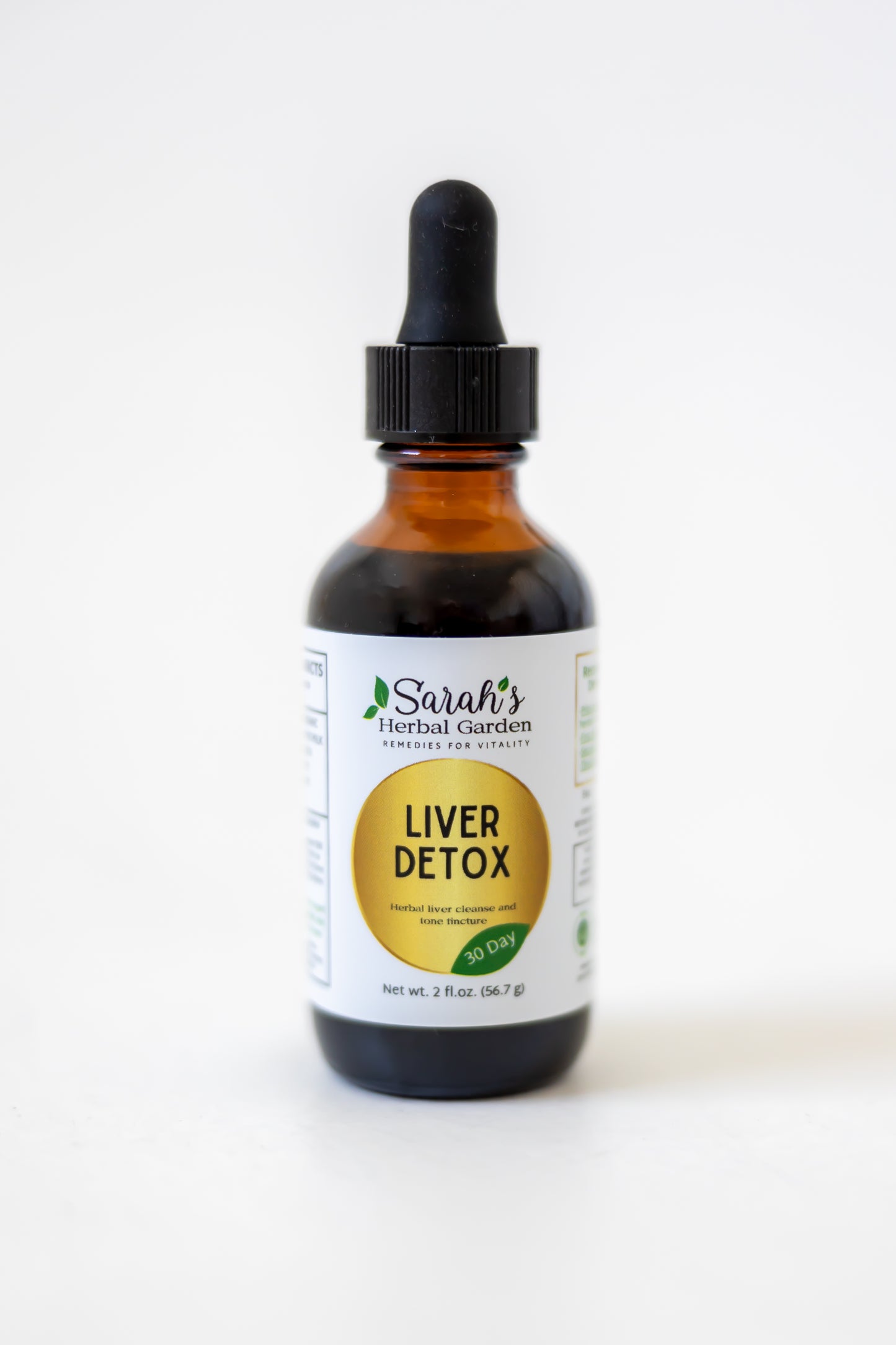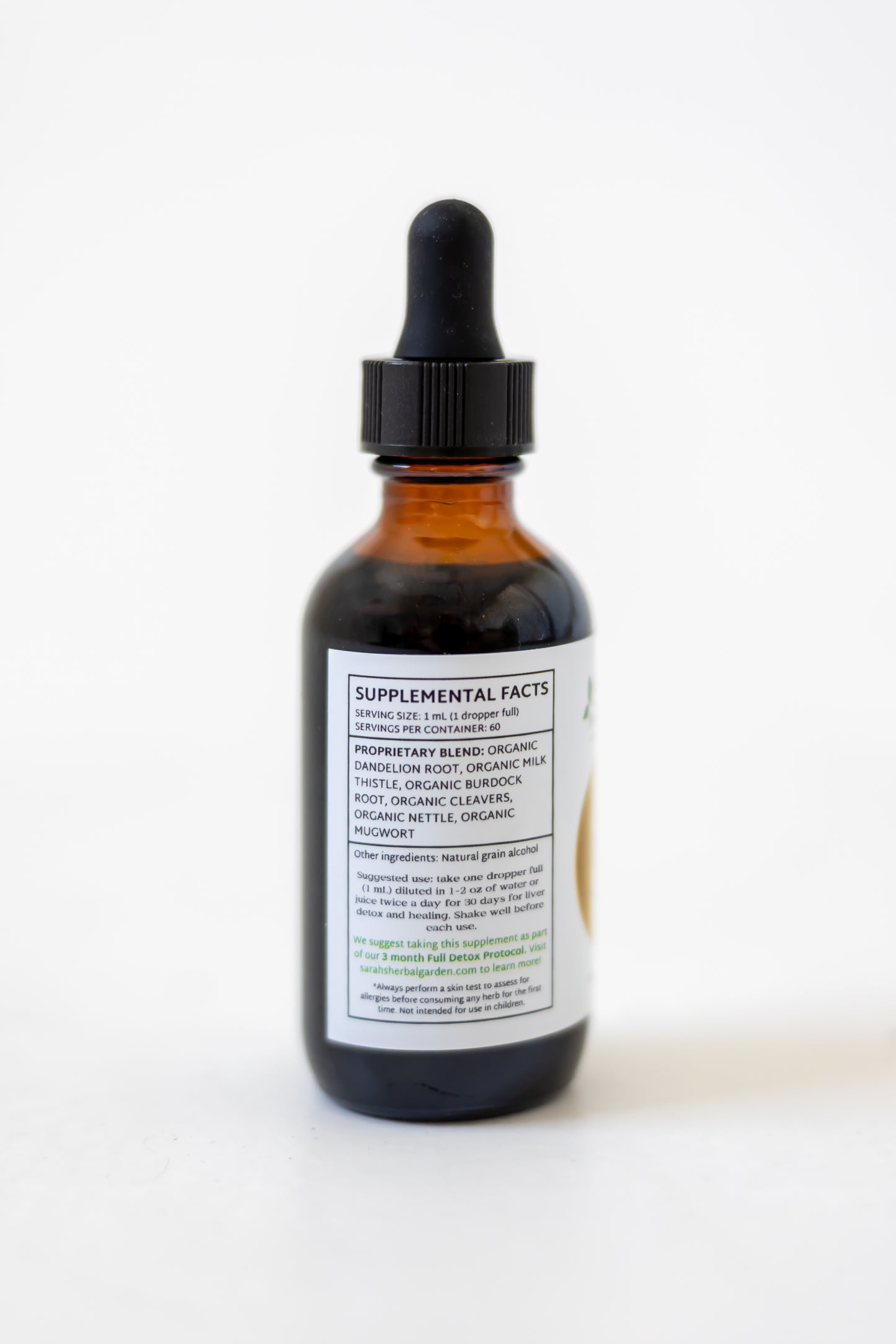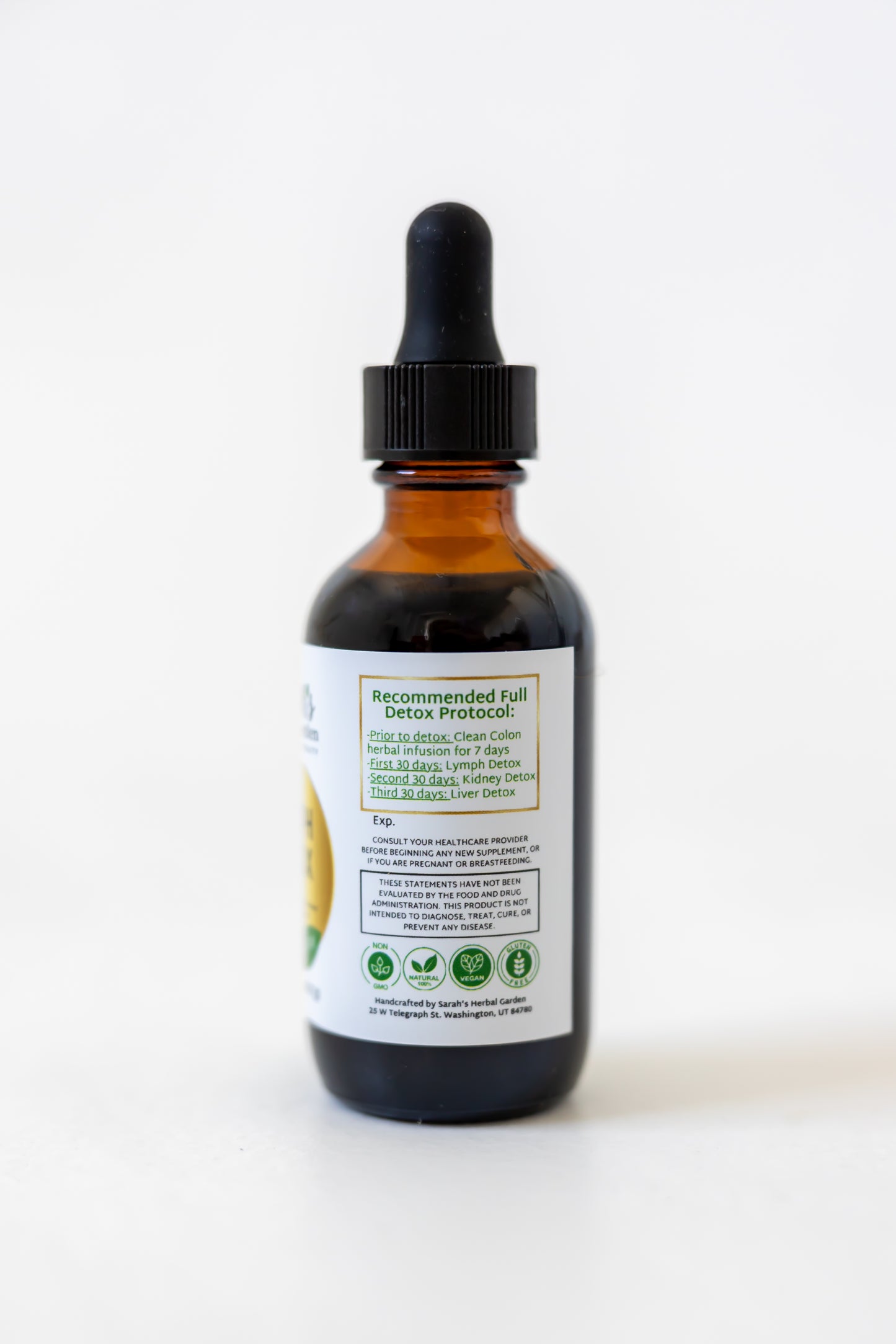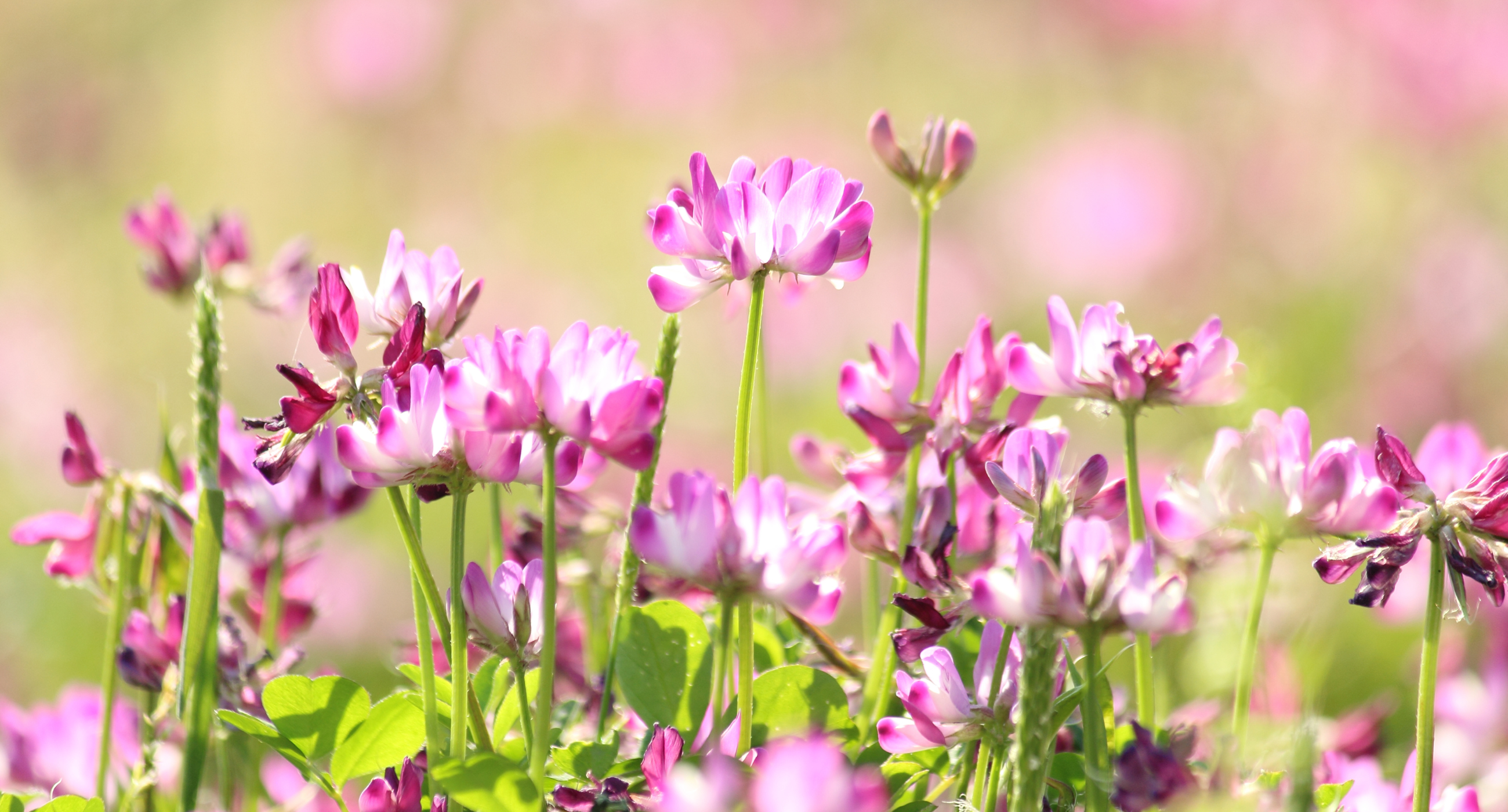
Astragalus
Scientific Name: Astragalus membranaceus
Herbal Profile of Astragalus (Astragalus membranaceus)
Common Name: Astragalus, Huang Qi
Botanical Name: Astragalus membranaceus
Family: Fabaceae (Legume family)
Description:
Astragalus is a perennial plant native to China, Mongolia, and Korea, widely used in Traditional Chinese Medicine (TCM). It is renowned for its immune-boosting properties and adaptogenic qualities. The root is the primary part used medicinally, often found in dried form, powders, or extracts.
Key Constituents:
- Polysaccharides: Known to support immune function.
- Saponins (Astragalosides I-IV): Contribute to heart health, antioxidant effects, and cellular protection.
- Flavonoids: Antioxidants that protect cells from damage and support overall health.
- Amino acids, Trace minerals, and Isoflavonoids
Medicinal Uses:
- Immune System Support:
- Adaptogenic Properties:
- Anti-Inflammatory and Antioxidant:
- Heart Health:
- Kidney Support:
- Anti-Aging and Cellular Protection:
- Chemotherapy Support:
Culinary and Traditional Uses:
- Tea or Decoction: Astragalus root is often simmered into teas or soups for long-term immune support.
- Soup Ingredient: In Chinese cuisine, slices of Astragalus root are added to soups to enhance health and vitality, especially during winter months.
- Tinctures and Capsules: Available in concentrated forms for daily supplementation.
Forms of Use:
- Dried Root: Typically sliced or powdered for teas, broths, and decoctions.
- Extracts and Tinctures: Concentrated forms of Astragalus that are easy to take daily.
- Capsules and Tablets: Standardized doses of Astragalus extract for immune support and stress resistance.
- Topical Creams: Sometimes used in skin care to reduce inflammation and promote healing.
Precautions:
- Allergies: People with allergies to legumes may react to Astragalus.
- Autoimmune Conditions: Astragalus stimulates the immune system, so it may not be suitable for individuals with autoimmune disorders, such as lupus or multiple sclerosis.
- Pregnancy and Breastfeeding: Insufficient data is available on the safety of Astragalus during pregnancy or breastfeeding, so it should be avoided unless recommended by a healthcare provider.
- Medication Interactions: Astragalus can interact with immunosuppressive drugs, anticoagulants, or medications that affect blood pressure. Always consult with a healthcare professional before use.
Growing and Harvesting:
- Climate: Astragalus prefers temperate climates and can grow in well-drained, loamy soil.
- Planting: It can be propagated from seeds or root cuttings, usually grown in full sunlight.
- Harvesting: The root is harvested after about four to five years of growth, when it is most potent for medicinal use.
Traditional Chinese Medicine (TCM) Use:
- In TCM, Astragalus (Huang Qi) is classified as a “Qi tonifier,” meaning it strengthens the body's vital energy. It is often used in combination with other herbs like ginseng and licorice for comprehensive health tonics aimed at increasing strength, stamina, and immune resilience.
Astragalus is highly regarded for its long-term benefits in enhancing immunity, protecting organs, and promoting overall health and vitality, especially during stressful times or illness.
1
/
of
4
Sarah's Herbal Garden
Lymph Detox Tincture
Regular price
$29.00 USD
Regular price
Sale price
$29.00 USD
Unit price
/
per
Shipping calculated at checkout.
Share
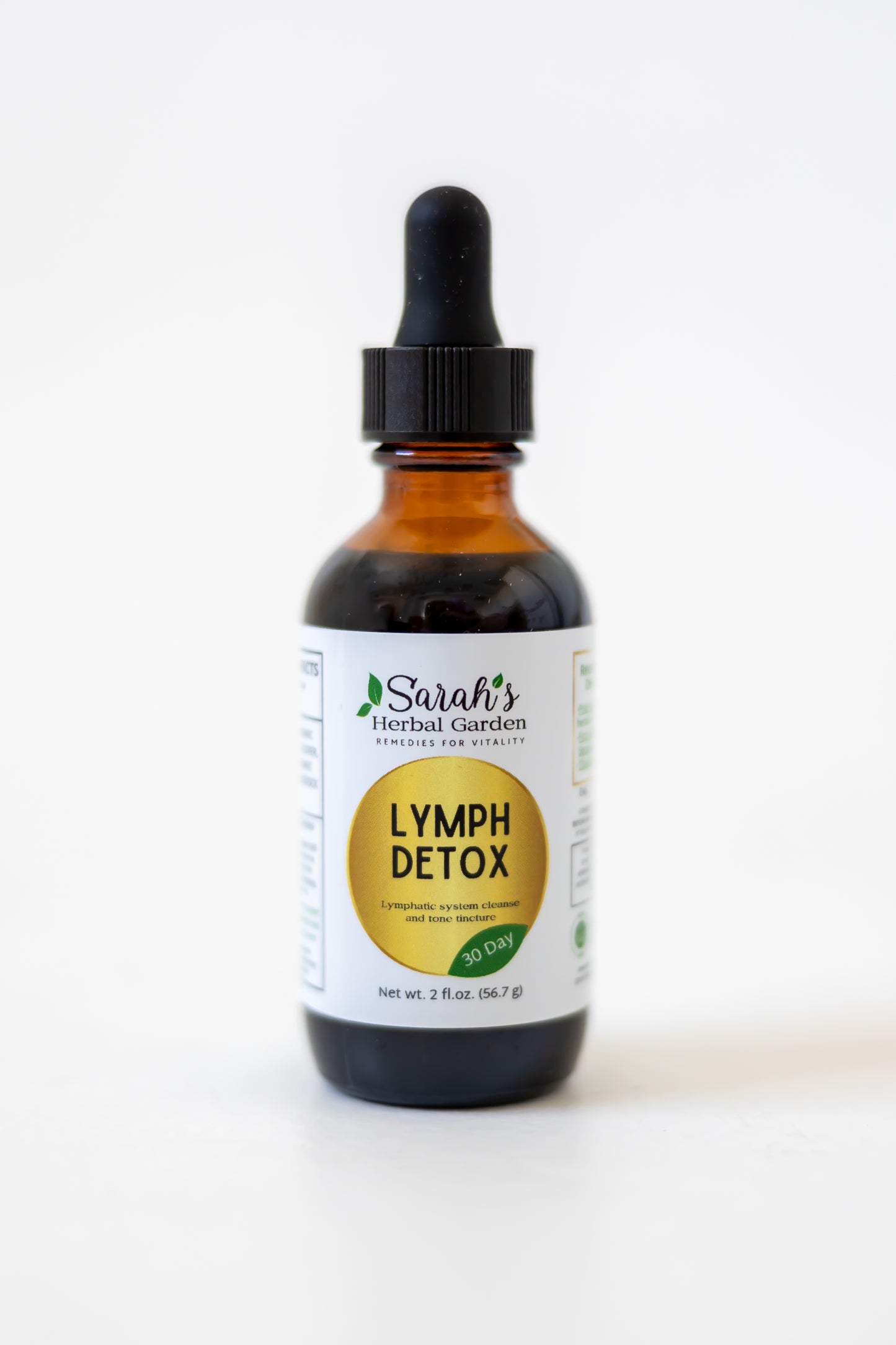
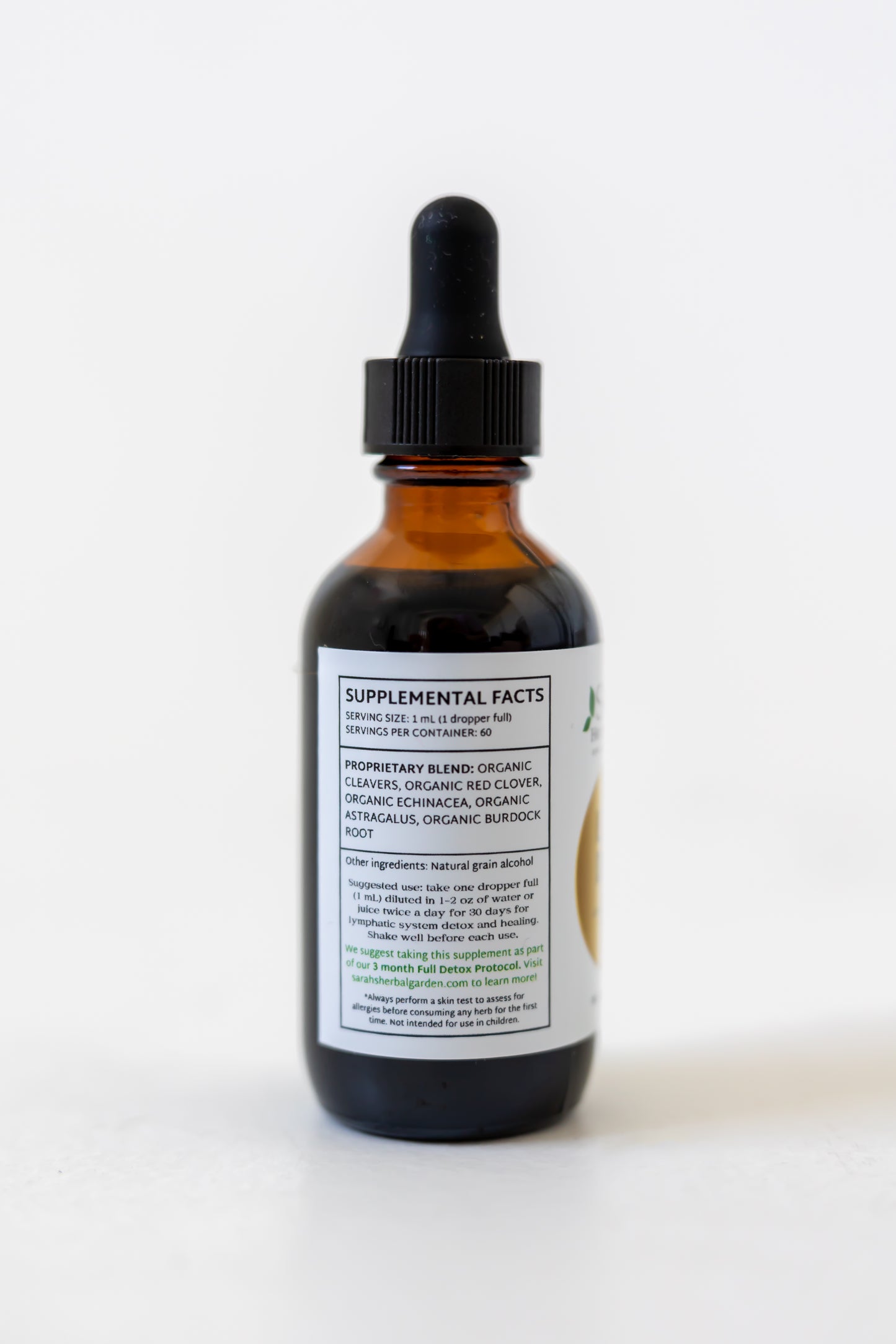
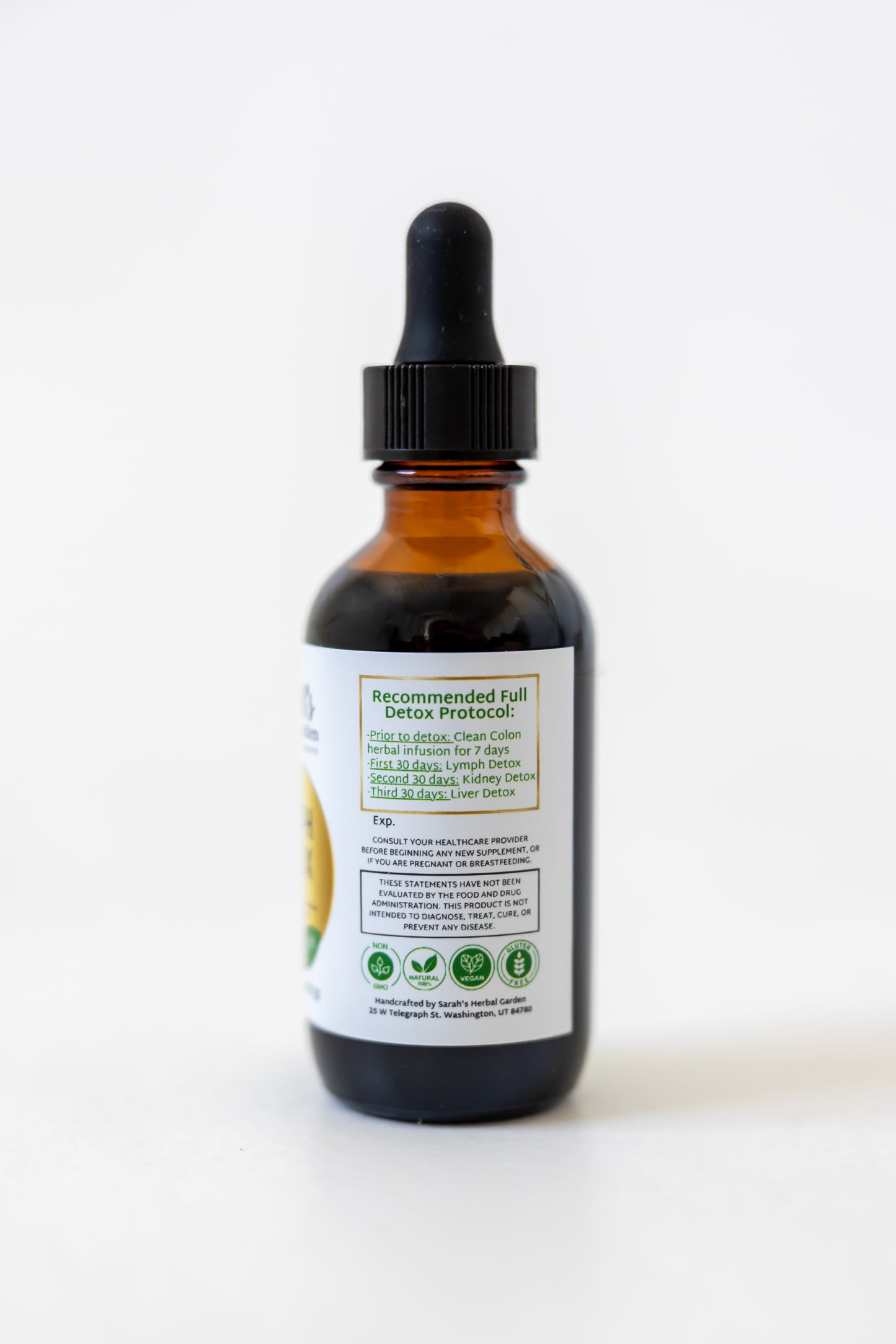
1
/
of
13
Sarah's Herbal Garden
Colon, Lymph, Kidney, and Liver Detox
Regular price
$90.00 USD
Regular price
Sale price
$90.00 USD
Unit price
/
per
Shipping calculated at checkout.
Share
